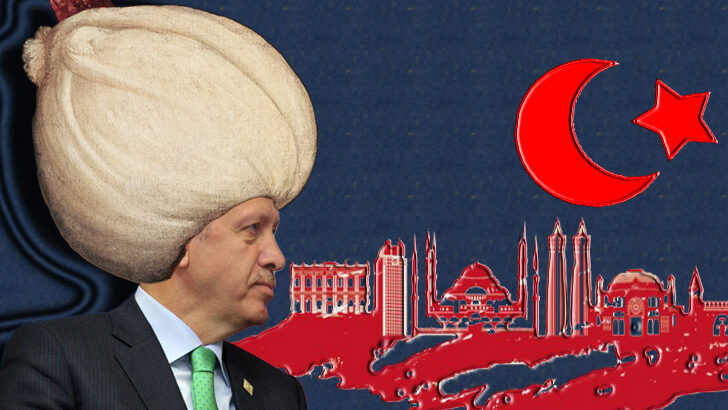On May 14 morning, polls opened in Turkey’s highly-anticipated presidential and parliamentary elections that could bring an end to Turkish President Recep Tayyip Erdogan’s 20-year rule.
A total of 191,885 ballot boxes have been set up for voters in the country. More than 64.1 million people are registered to vote, including over 1.76 million who already cast their ballots abroad and 4.9 million first-time voters.
Voters will choose between Erdogan, who is seeking reelection, main opposition candidate Kemal Kilicdaroglu, and far-right candidate Sinan Ogan.
The elections pose a serious test to Erdogan, who has been facing much criticism over the currency and debt crisis that developed during his rule and his response to the devastating February 6 earthquake that claimed the lives of more than 50,000 people.
Erdogan is mainly running against Kilicdaroglu, who represents an election coalition of six opposition parties. For the first time, Turkey’s factious opposition has coalesced around a single candidate.
Under the rule of Erdogan, Ankara supported efforts to overthrow President Bashar al-Assad in neighboring Syria, sparking a war that pushed millions of refugees to Turkey and allowed Kurdish forces affiliated with the Kurdistan Workers’ Party to establish a de-facto state right on the country’s border.
The Syrian war, coupled with growing economic and security challenges, pushed Turkey closer to both Russia and Iran, and away from the United States and other NATO allies.
Erdogan adopted a more balanced foreign policy in recent years. Ankara refused to join sanctions against Russia after the start of the special military operation in Ukraine last year and launching talks to normalize relations with Damascus. At the same time, it ended feuds with Israel, Saudi Arabia, Egypt and the United Arab Emirates and froze its military intervention in Libya.
On the other side, Kilicdaroglu promised to solve the challenges caused by the Syrian war, including the refugee crisis, by working with Damascus. He is also looking to bring Turkey closer to its Western allies, even supporting the expansion of NATO, which could mean the end of the partnership with Russia and Iran.
After casting his vote in Istanbul, Erdogan told reporters: “We pray to God for a better future for our country, our nation, and Turkish democracy. It is very important for all of our voters to cast their votes until 17.00 in the evening without any worries for demonstrating the strength of Turkish democracy.”
Meanwhile, after voting in Ankara, Kilicdaroglu said: “We all missed democracy, being together and embracing so much. Hopefully, from now on you will see spring will come to this country and it will always continue.”
A candidate must win over 50% of the vote in the first round in order to be elected. Otherwise Turkey will head to a second round on May 28.
In the months leading to the elections, polls showed Erdogan and Kilicdaroglu exchanging the lead with a few points difference.
The elections in Turkey could reshape the regional and international political scene. Regardless of the result, Ankara is likely heading to very tense days as neither side is likely to accept defeat without a fight. Protests and violence could break out in the country.
MORE ON THIS TOPIC:


